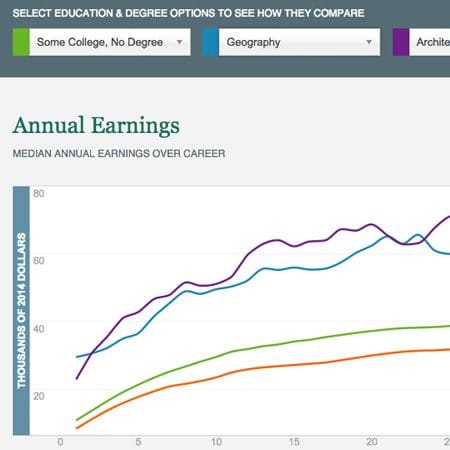- Reaction score
- 6,265
- Points
- 1,160
While you are perhaps correct that too many high school graduates are entering degree programs that some may consider "fluff" courses compared to STEM degrees (I'd be interested in knowing the actual numbers on that), it's important to understand that many of these liberal arts fields contribute to the general productive potential of a country.yeah I do. Our local clinic has 12 doctors: 7 are off-shore, 3 are old and 2 are mid-40's. As for the fluff courses, many of the sociology programmes go nowhere now. Archaeology is a come-on that eventually employs only a few of the graduates and they have to find a college to sponsor them. Better to reduce the numbers. In the college arena, a few years back there were more students in the reporter/film programmes than there were total jobs in Canada. I wouldn't put criminology into a fluff category but I would place many of the liberal arts there.
Take countries like China for example that put a major focus on producing STEM graduates but where creativity and outside the box thinking are not necessarily their strong suit. Your archaeologist might be the driving force behind developing new imaging technology for example.
Not saying that the system can't be improved of course but I think we need to be careful not to let the pendulum swing too far the other way. Maybe more schools specializing in STEM subjects by offering greater subsidization to students enrolling in those courses but still offering the liberal arts programs with less subsidization which will hopefully help target enrollment in those programs to students that are passionate about those fields.





